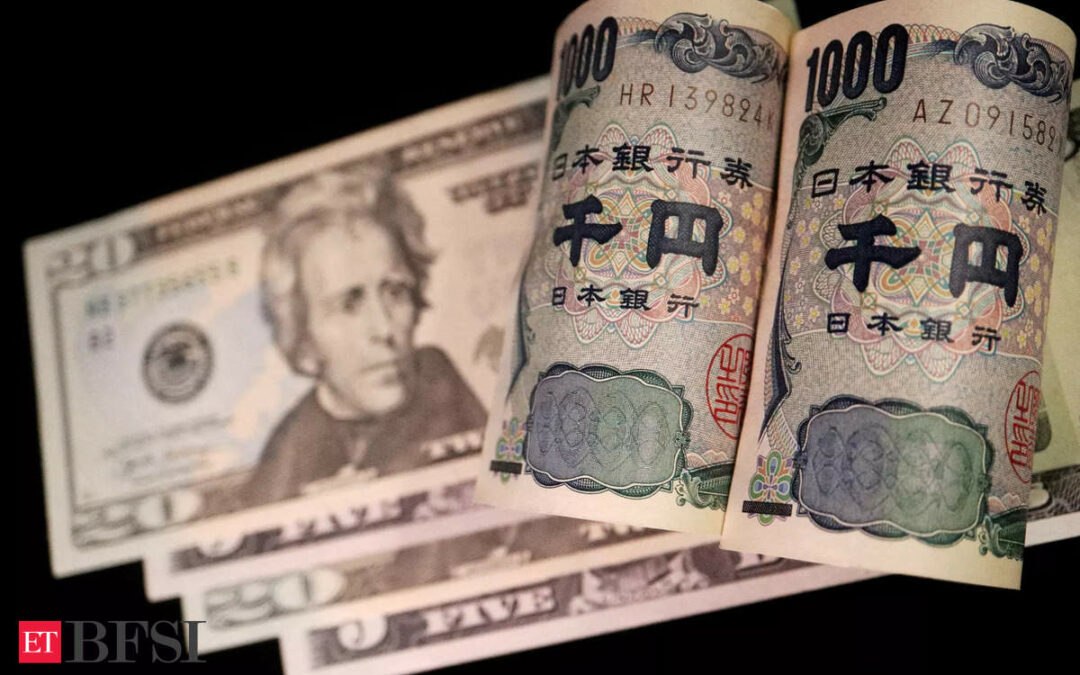LONDON – The dollar headed for its first weekly loss in a month on Friday, but pulled away from two-week lows, ahead of a key U.S. jobs report later in the day, while tensions in the Middle East kept investors on edge.
Demand for safe-haven currencies, along with more warnings from Japanese authorities, helped send the yen to two-week highs against the dollar.
Investors are wary of developments in the Middle East after U.S. President Joe Biden threatened on Thursday to condition support for Israel’s offensive in Gaza on it taking concrete steps to protect aid workers and civilians.
The dollar has had a turbulent week, falling from a five-month high to a two-week low after an unexpected slowdown in U.S. services growth supported expectations of bringing interest rates down.
It then rebounded after comments on Thursday from Minneapolis Federal Reserve President Neel Kashkari, who is not a voter on this year’s policy-setting committee, that rate cuts might not be required this year if inflation continues to stall.
Investors have reeled in their expectations of how much the Fed might cut rates this year, with three quarter-point cuts being the most likely scenario right now.
But ongoing strength in the economy, along with a sweep higher in commodity prices, from oil, to copper and to coffee and cocoa, is complicating the inflation picture.
The dollar index, which measures the performance of the greenback against a basket of major currencies, was last up 0.1% at 104.27.
“There are underlying concerns anyway that the Federal Reserve may not be able to cut rates three times, as they’ve indicated. Any comments from Federal Reserve speakers, whether they’re voters or not, that support that more hawkish stance does make the market a bit jittery,” City Index senior market strategist Fiona Cincotta said.
“Add to that geopolitical tension and that is also unnerving the market. The other thing is commodity prices,” she said.
Officials including Fed Chair Jerome Powell have reiterated the need for more debate and data before interest rates drop.
The market is focused on the release of the monthly U.S. employment report later on Friday. Economists polled by Reuters are forecasting 200,000 jobs were added in March.
“Markets will likely be sensitive to any surprise in the jobs data today to assess the path of monetary policy from here,” said Charu Chanana, head of currency strategy at Saxo.
Meanwhile, Japanese authorities continue to push back against excessive currency weakness.
Japanese Finance Minister Shunichi Suzuki on Friday reiterated the government’s resolve to take appropriate action against sharp yen falls.
Bank of Japan Governor Kazuo Ueda said the central bank could “respond with monetary policy” if weakness in the yen affected the nation’s economy in ways that are hard to ignore, the Asahi newspaper reported on Friday.
Ueda also said inflation would likely accelerate from “summer toward autumn” as bumper pay hikes push up prices, his strongest hint yet that another interest rate hike was possible in coming months.
The yen strengthened to a two-week high of 150.81 against the dollar before paring gains to trade at 151.31.
Japanese authorities will likely intervene in the currency market to buy the yen if it breaks well below 152 per dollar, former top currency diplomat Tatsuo Yamazaki said on Thursday.
Elsewhere, the euro was steady at $1.0838, while sterling eased 0.15% to $1.2624.
In cryptocurrencies, bitcoin fell 1.4% to $67,020.









